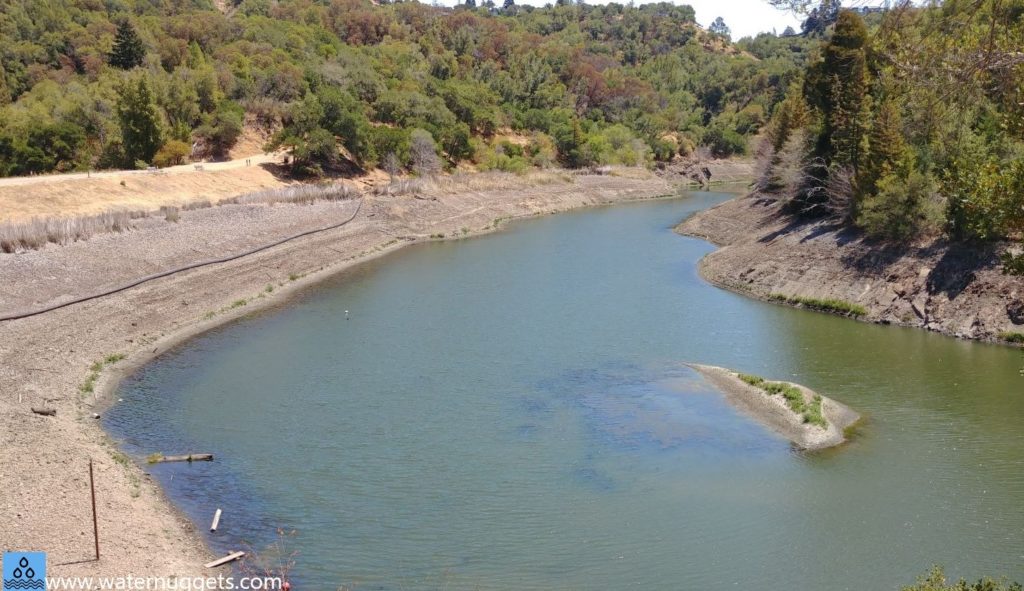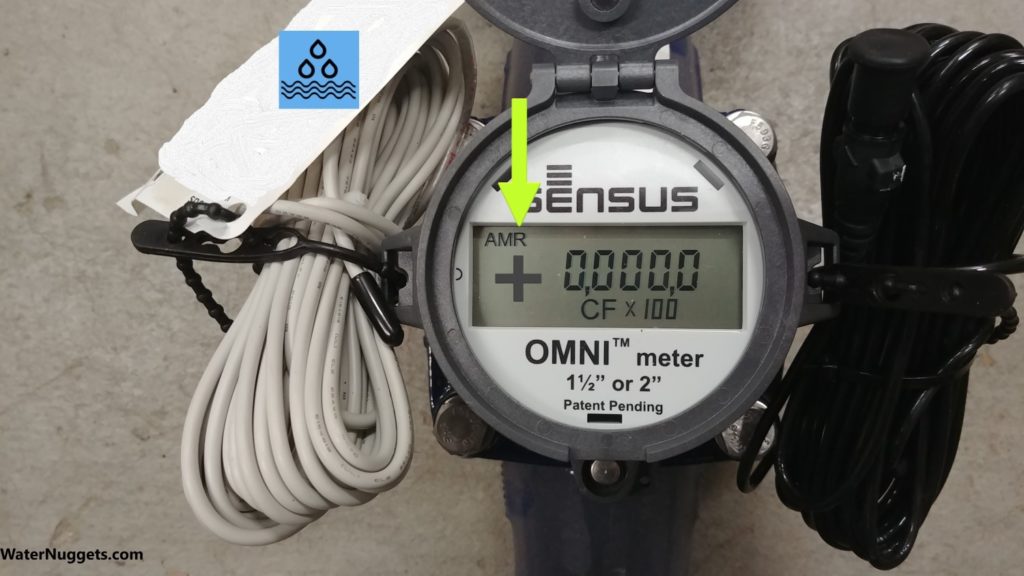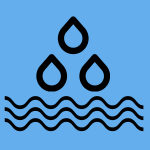Water conservation is a conversation in just about every household recently. Some water users want to conserve water in order to lower their water bill, some want to simply conserve a precious resource, while others are being required to reduce their water usage by their local water purveyor due to local drought conditions. It is an issue that is most likely not going away anytime soon. We all know the usual tricks when it comes to conserving water. Don’t water your lawn during the afternoon, turn off the water while you’re brushing your teeth, and fix dripping faucets. We here at Waternuggets have three unique suggestions to conserving water that we wanted to share with our fellow water users.
Install a Greywater System
Simply put, a greywater system is water from a shower and/or laundry basin in the home that goes into a tank and eventually is used for irrigation. There are many possible greywater systems that can be installed. Some are simple gravity fed systems that can feed one section of the yard while other systems use pumps and can irrigate a variety of spots around the property. There are some caveats with greywater systems though. Most edible plants can not be irrigated with greywater and using the water from the kitchen sink is a no no. Greywater is a wonderful irrigation source for lawns or ornamental plants. We will preface this with saying that you should always check with your local building code authority along with your water purveyor before doing any modifications to your home or water system. Also, contact a reputable greywater system installer in your area.
Get Free Recycled Water
For years now many water purveyors have been building recycled water facilities in hopes that it would be widely used. Recycled water is used for such things like lawn irrigation, toilet flushing, and dust control on construction sites. The issue has been the public’s reluctance to use such facilities. The phrase, “Toilet to Tap” has never seemed very appealing to most water users. The fact is that recycled water goes through a very stringent disinfection and water quality testing process before it is sent out to the public. In an effort to conserve along with getting the word out that recycled water is here, many water purveyors are giving it away for free! Many water purveyors have fill sites where someone can come and fill up barrels and tanks that fit into pickup trucks. Then take the recycled water home and water their lawn with it. If your local water purveyor does not have a recycled water program, check with the nearest large city in your area. They might have one. Just remember, do not drink the non-potable water!
Check Your Water Meter for Possible Hidden Leaks
The normal advice is to fix any dripping faucets around the home and if you receive a high water bill, check for any leaks you may have. Why wait for the shock of a high water bill or risk wasting water? It is very common for a water user to have a large enough leak to drastically raise their water bill and not even notice. Some leaks follow gopher holes and do not surface anywhere noticeable. Other leaks may be under the house. This is why most water meters have a feature installed on them that allow anyone to check for leaks. The first step is to turn off any water using facilities on the property like a washing machine or dishwasher. Then open the lid to your water meter box and uncover the water meter that the gopher buried fifteen minutes after the meter reader read the meter. Then take a couple minutes to check the meter’s leak detection indicator. Yes, it will take a couple of minutes, not seconds. If the leak is small the leak detector will move slowly so watch the meter carefully. If the leak is large it will be noticeable right away.
If your water meter looks similar to this, check for the dial to move clockwise or the triangle to slowly move.
If you have an electronic meter like this, watch for the plus sign to pulse. This could be an indication of a water leak.
We all know how important it is to conserve water. It is a precious resource and every drop counts. There are many ways to conserve water. Hopefully this post shined some light on new ways we can continue to conserve our planet’s most precious resource.
Do you have a drinking water question for Water Nuggets? Or are you a drinking water or waste water professional that would like to submit a Nugget of Water Wisdom?




